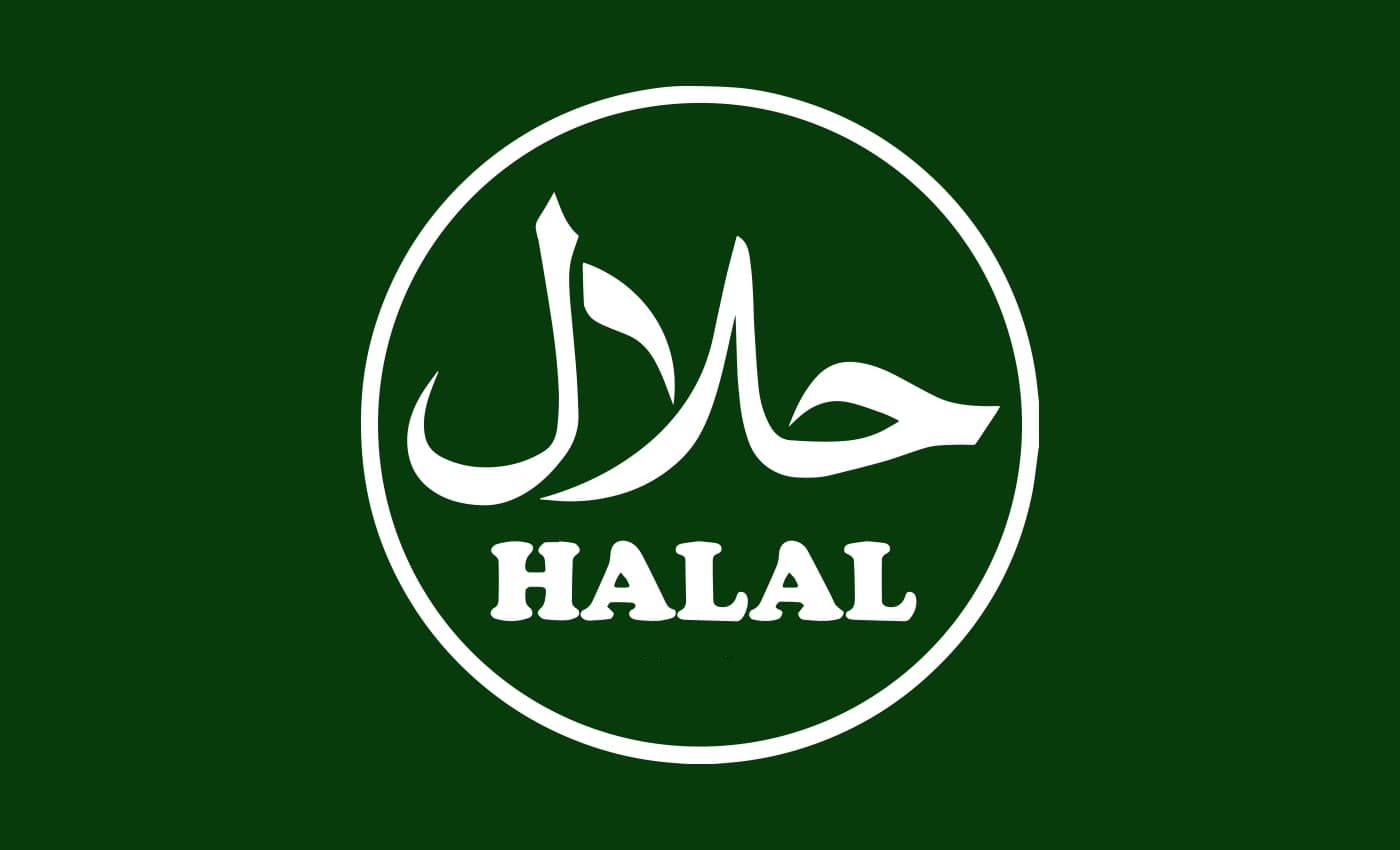The Arabic word Halal is used to describe something lawful or permissible. Halal is fundamental to every Muslim’s life, including clothing, social behavior, and food. Halal is an integral part of the Islamic faith, and it aims to promote ethical living and spiritual purity. Halal is also an essential part of economic and social practices; for instance, Muslims are encouraged to do business without fraud and deceit, thus making it possible for them to make a Halal living. This blog will explore the meaning of Halal in Islam and its significance in daily life. Without further ado, let’s dig in.
Definition of Halal
The term Halal is widely used in Islam to refer to lawful or permissible things and is often used in contrast with the term Haram. The term Haram relates to things that are unlawful or forbidden in Islam. The literal translation of Halal is allowed or permissible. Halal governs all aspects of life for Muslims, as mentioned earlier.
Regarding foods, Halal refers to the specific way an animal should be slaughtered and those that are permissible to eat. For instance, meat obtained from an animal slaughtered per Islamic law is Halal, while alcohol and pork are Haram.
The concepts of Halal and Haram in Islam promote moral and ethical behavior. The distinction between permissible and not is based on Islamic values and principles, such as honesty, respect for life, and compassion. Simply put, anything harmful to oneself, or others is considered Haram.
Halal Foods
Halal foods are permissible to consume by Muslims. Halal foods are obtained and/or obtained under Islamic values and principles. Some common Halal foods include meat from animals slaughtered according to Islamic law, such as lamb, chicken, beef, and fish. Many dairy products, grains, vegetables, and fruits are also considered Halal, but only as long as Haram substances or foods do not contaminate them. Additionally, Muslims may consume neither Halal nor Haram foods, called Mubah, like water and fruits.
In contrast, some foods are considered Haram; some prominent examples include pork and its by-products and meat from animals that have not been slaughtered according to Islamic law. Moreover, Muslims are prohibited from consuming carrion, blood, and meat slaughtered in the name of other Gods called Shirk.
Non-Food Items
Besides food, numerous non-food items, such as personal care products, clothing, and other consumer goods, are considered Halal or Haram. Generally speaking, non-food items are considered Halal if they do not contain harmful substances and are made from permissible materials. For instance, clothing made from cotton and wool is Halal, while silk is Haram for men.
It is worth noting that a non-food item may be Halal or Haram based on the specific culture or context. Keeping this in mind, Muslims must educate themselves regarding the guidelines and requirements for Halal and Haram and seek guidance from Islamic scholars when needed.
In conclusion, Halal refers to those items that are lawful and permissible by Islamic law, while Haram is the opposite. By understanding the meaning and importance of Halal in Islam, Muslims can make informed decisions about what they use, wear, and consume in their daily lives so that they can please Allah SWT rather than go against his commands.


I want to know basic of islam
Asalam aleykum warahmatullahi wabarakatuh. Maashallah jazzakallahu kheyran
Thanks for information might allah bless you.
I want some information about the night prayers such as salatu Al layl, Qiyam al layl and salatu doha. Please share with me which sura i have to read on these three prayer and how to start it I mean what I’m gonna say when I’m going to start the salat.